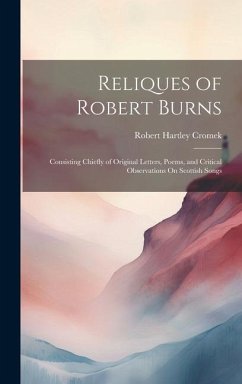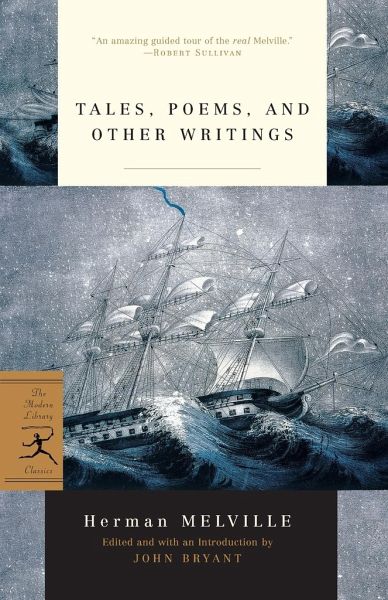
Tales, Poems, and Other Writings
Versandkostenfrei!
Versandfertig in 1-2 Wochen
26,99 €
inkl. MwSt.

PAYBACK Punkte
13 °P sammeln!
From short masterpieces like "Bartleby the Scrivener” and "Billy Budd” to more obscure, even completely unknown works like the epic poem "Clarel,” Melville's stories and poems rank among his greatest and most gripping work. This unique anthology-the first of its kind in fifty years-gathers together all of Melville's tales, as well as a judiciously edited array of his prose poems, literary criticism, letters, lectures, and poetry. Though few realize it today, poetry was Melville's abiding passion; yet his poetry has never received the recognition it deserves, until now. Containing many wr...
From short masterpieces like "Bartleby the Scrivener” and "Billy Budd” to more obscure, even completely unknown works like the epic poem "Clarel,” Melville's stories and poems rank among his greatest and most gripping work. This unique anthology-the first of its kind in fifty years-gathers together all of Melville's tales, as well as a judiciously edited array of his prose poems, literary criticism, letters, lectures, and poetry. Though few realize it today, poetry was Melville's abiding passion; yet his poetry has never received the recognition it deserves, until now. Containing many writings available nowhere else, and edited by leading Melville scholar John Bryant, Tales, Poems, and Other Writings includes a comprehensive introductory essay and extensive, in many cases groundbreaking, editorial commentary. It opens a window onto Melville's writing process-he was a ceaseless reviser and experimenter-and reveals his career-long evolution as a writer as well as the full breadth of his literary achievement. And it marks a new stage in our ability to appreciate not only the work of one of our greatest writers, but the immense dedication that lay behind it. John Bryant is a professor of English at Hofstra University. He has published five books and numerous articles on Melville, and is the editor of the Penguin Classics edition of Typee and the Modern Library edition of The Confidence-Man. He has been the general editor of the Melville Society, one of the oldest and largest single-author societies in America, since 1990.





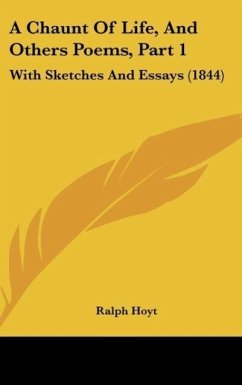
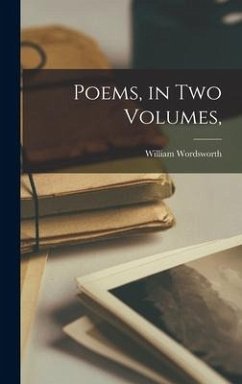
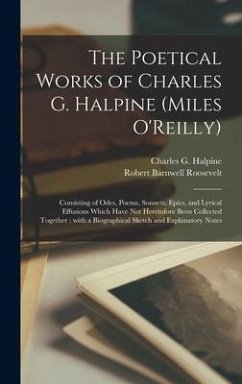

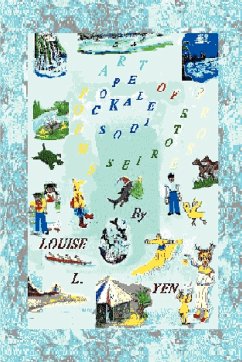
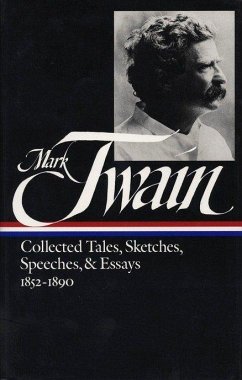
![The Writings of Mark Twain [Pseud.]; Volume 8 Cover The Writings of Mark Twain [Pseud.]; Volume 8](https://bilder.buecher.de/produkte/67/67018/67018351n.jpg)


